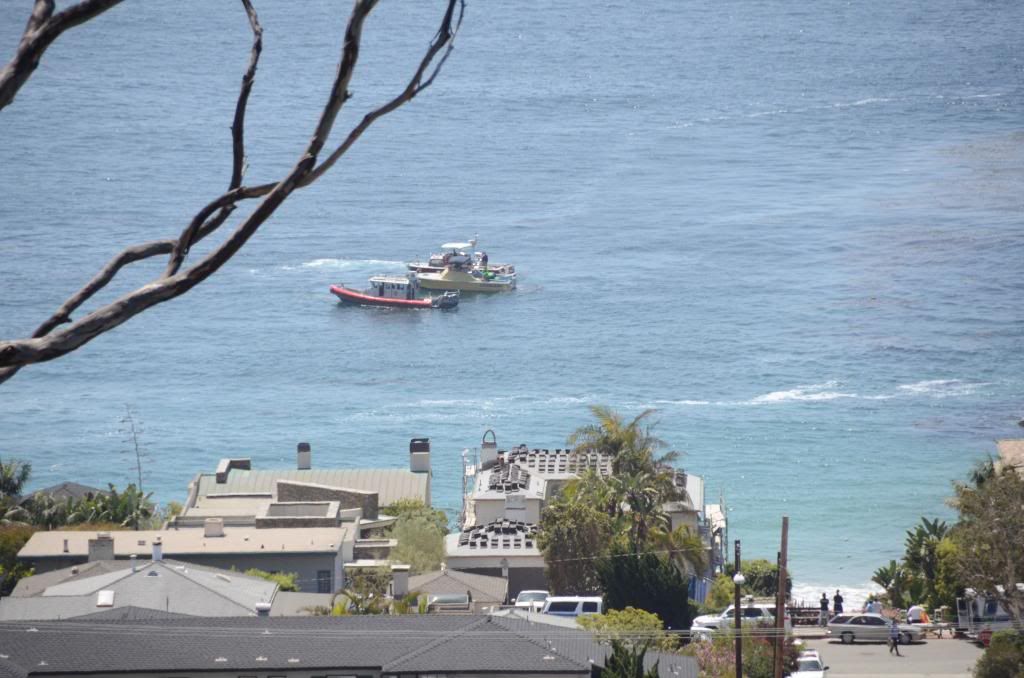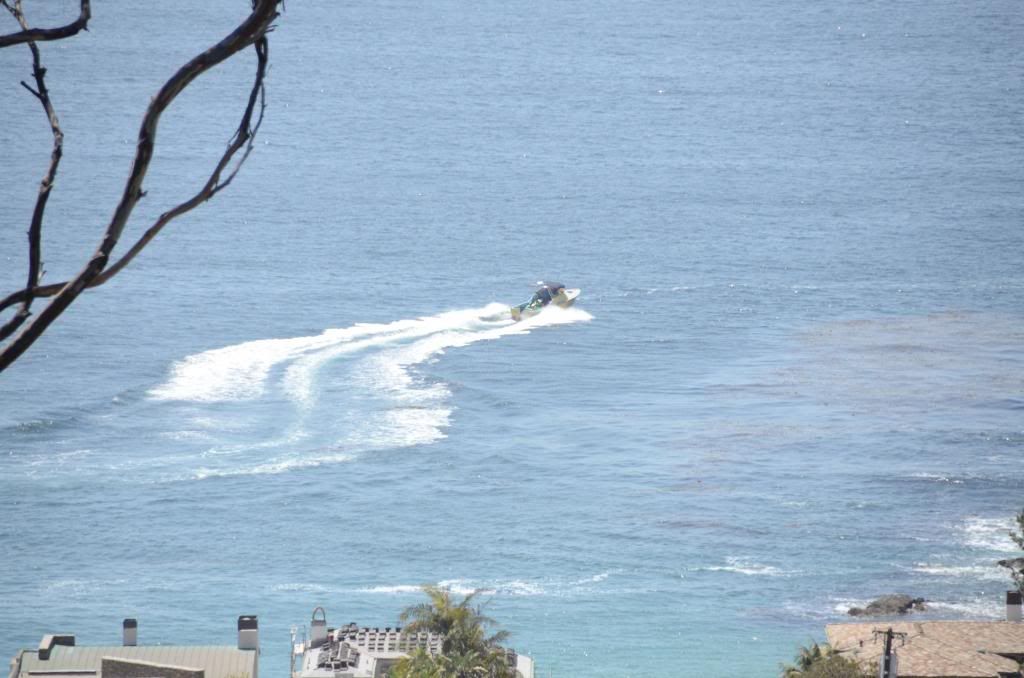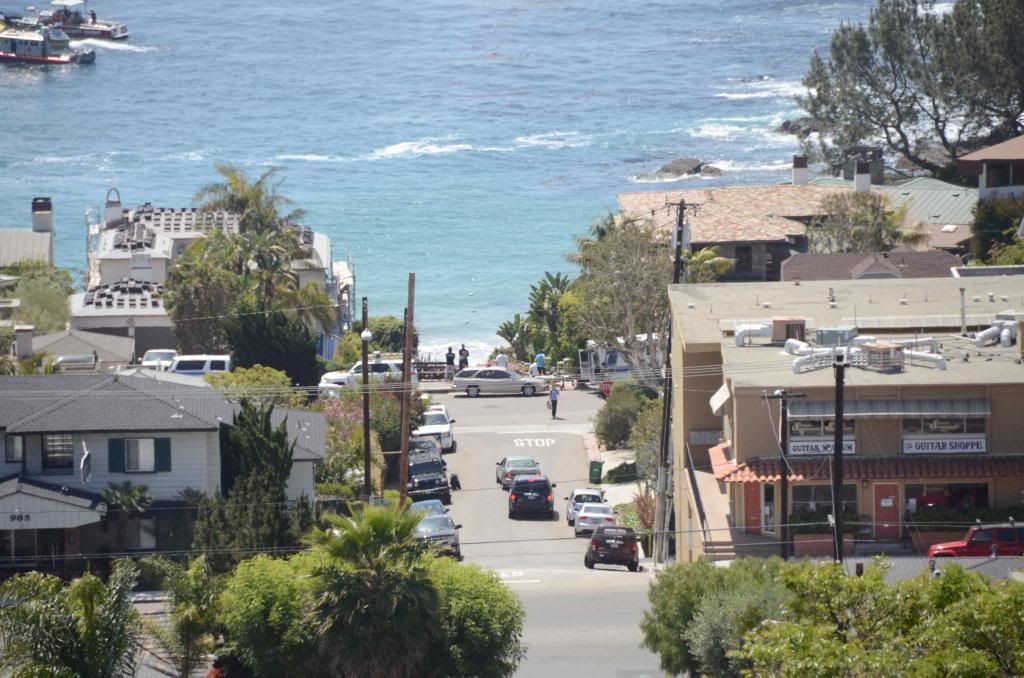This thread is thought-provoking at a number of levels.
1. It is hard to know exactly what is 'fact', and what is assumption, surmise, or blatant inaccuracy of reporting. If the individuals reporting the incident in the newspaper are not divers, are not at all familiar familiar with diving, etc., it is quite possible that they will misinterpret comments made by officials, or 'responsible parties', or even random by-standers who happen to make a statement.
2. Depending on whether this was a 'class', or whether there were people 'leading' the dive, or whether people in the water were dive professionals, or whether any of the dive professionals were instructors, it is possible to jump to many different conclusions, none of which necessarily bear any relationship to reality, or necessarily reflect anything approaching validity.
3. Based on what I have read in this thread, I am not sure that I know much about what happened, and I am skeptical that it is possible to determine from the news reports what happened, at least with any reasonable level of confidence (other than a diver apparently drowned in relatively shallow water). And, the original report included the statement '. . . said Bond, who added that it appears Gibbs began the dive with a full tank of oxygen.'. I really doubt that the victim was diving 100% O2, I frankly don't know if the police official being cited even used those words ('full tank of oxygen'), but that is certainly the implication from the article. So, any statements by reporters about a 'class', or the size of the group, or whether an 'instructor' was involved would appear to be equally suspect.
4. What is most interesting to me is the discussion about the responsibility of instructors, and under what circumstances they are 'in charge'. That comment in the context of this incident raises a specific concern: I am teaching our shop's Divemaster course this year, with 5 DMCs in the class. This weekend there is no formal training scheduled. Two of the DMCs have posted emails to their classmates, and included me and the Assistant Instructors who are working with me in the course, that they are going to the local quarry this weekend to begin work on their mapping projects, inviting the other DMCs to join them if they wish. I replied that a) I plan to come to the quarry for part of the day to do some unrelated (to the course) exploration, and b) will probably be available to answer questions they may have about the landmarks I cited to define their mapping areas, and c) that I am even willing to get in the water with them to help identify those boundaries. It is not my intention to lead any dive, only to be available if needed. But, I am an instructor. These are students in my class. They will be working on a project assigned as part of the class. This is not a formal class session, it is not on the course schedule. But, if I happen to be in the water with them, am I 'leading' the dive? Is this a 'class'? Am I somehow 'in charge' at the quarry today? If so, maybe I will give it a pass, let them figure things out for themselves, and criticize them afterward for not knowing what the boundaries of the mapping areas were based on my written description.
Similarly, our shop coordinates an outing to this quarry once a month from May through September. We cook hotdogs, hamburgers, etc. We offer discounted gear rentals for that day. We even have various 'Specialty of the Month' opportunities (e.g. a DPV class once or twice during the season) available for interested divers. There are usually ~35-45 divers who come out to dive, and various shop staff are usually there, including Divemasters and Instructors. If I happen to get in the water with a couple of friends (not dive professionals, and not my students at any time in any course) who come out to enjoy the food and fellowship, and we swim around the quarry, am I automatically 'leading' the dive because I happen to be an instructor? If I signal them u/w that I am heading back, while they continue their dive, and later - after I am out of the water and eating a burger, one of them surfaces and says his buddy has gone missing, and that buddy is later found unresponsive / dead in 25 feet of water with an empty cylinder, am I somehow responsible, somehow guilty of negligence?






